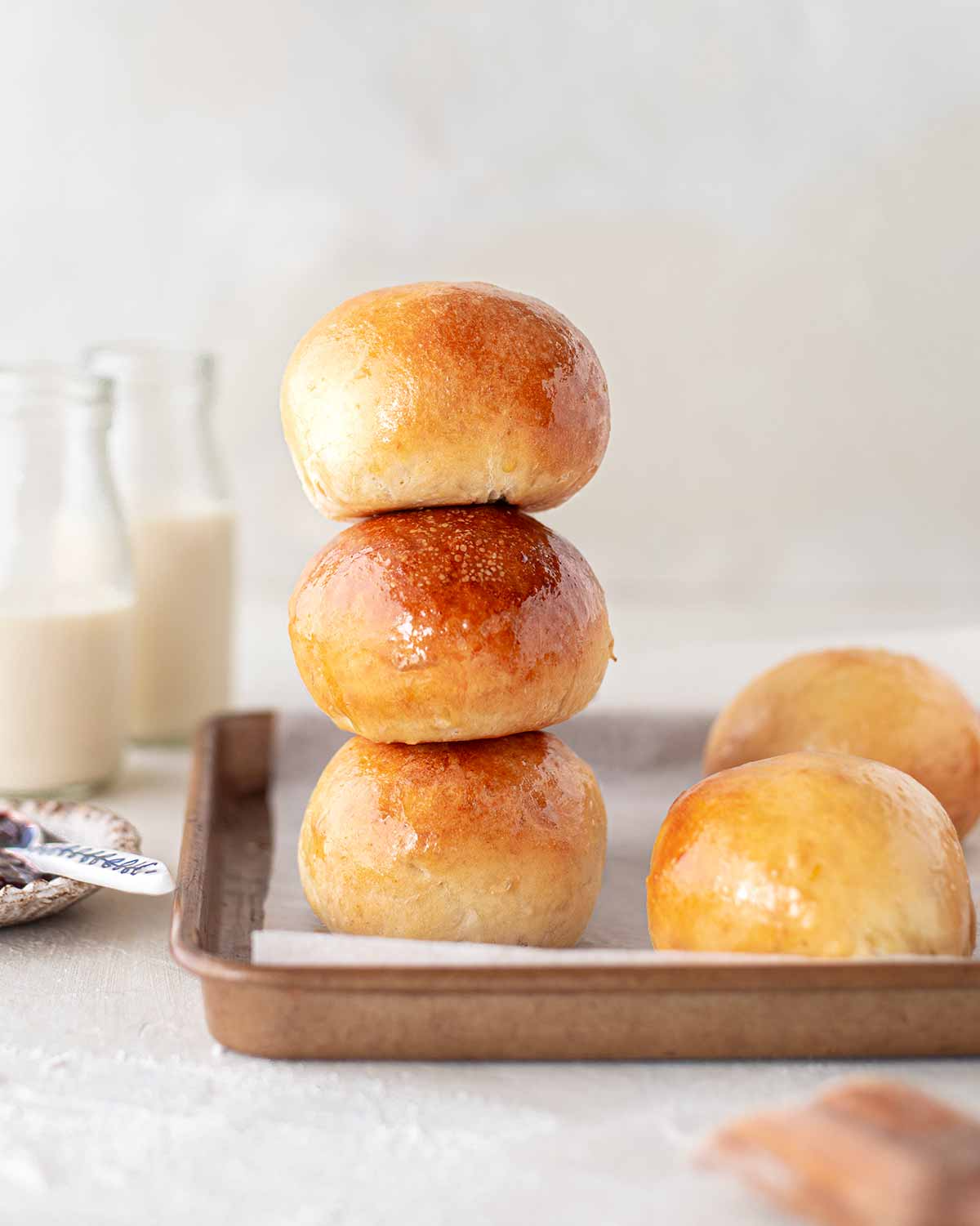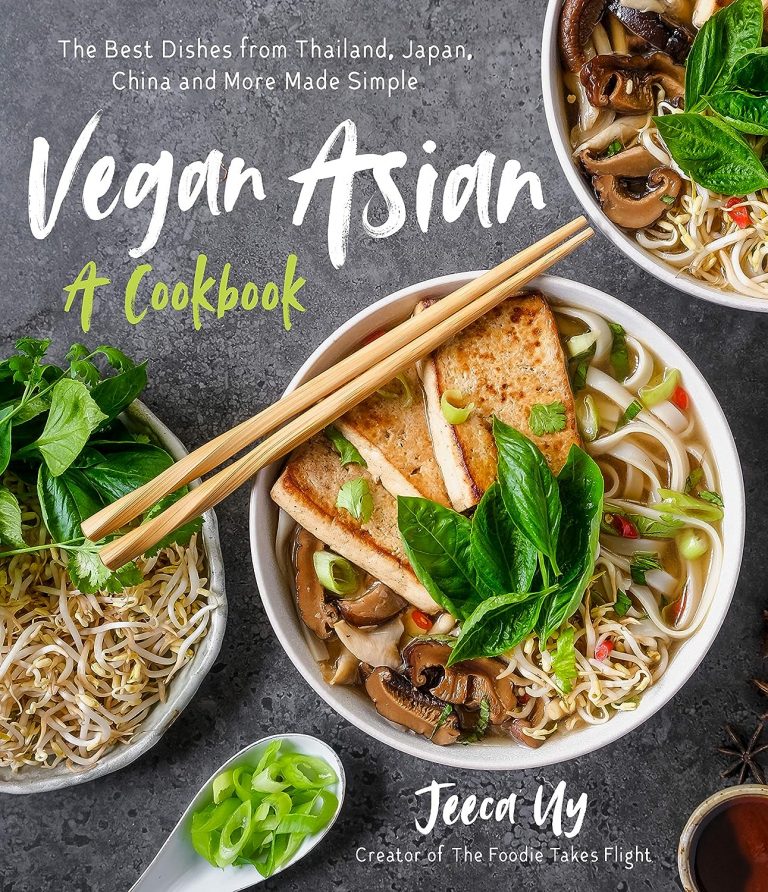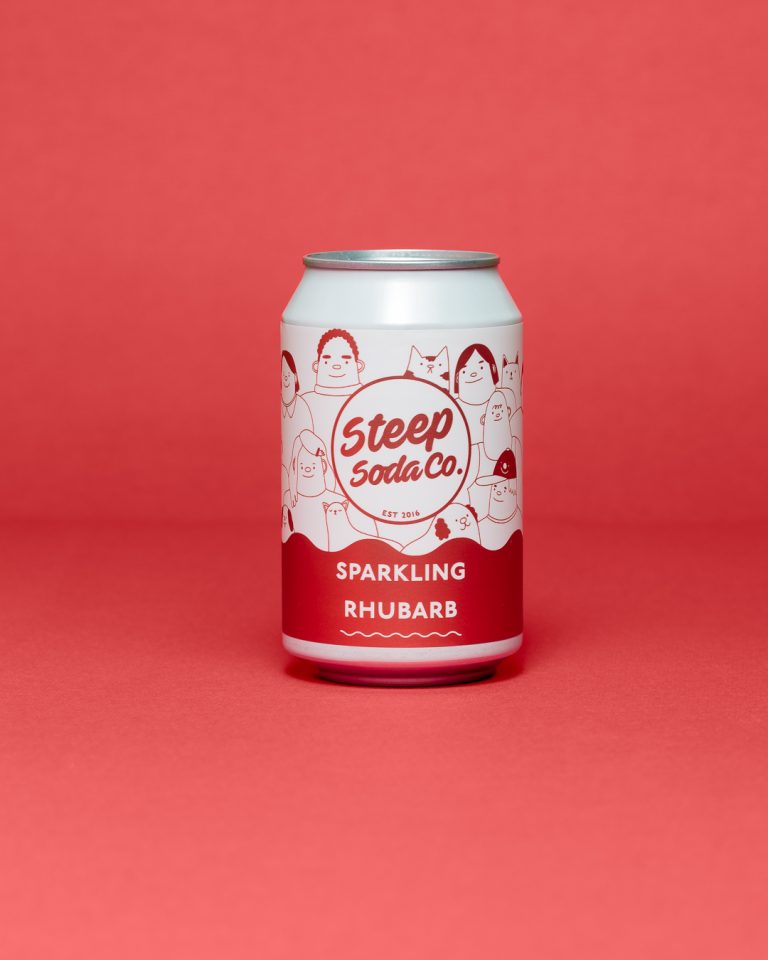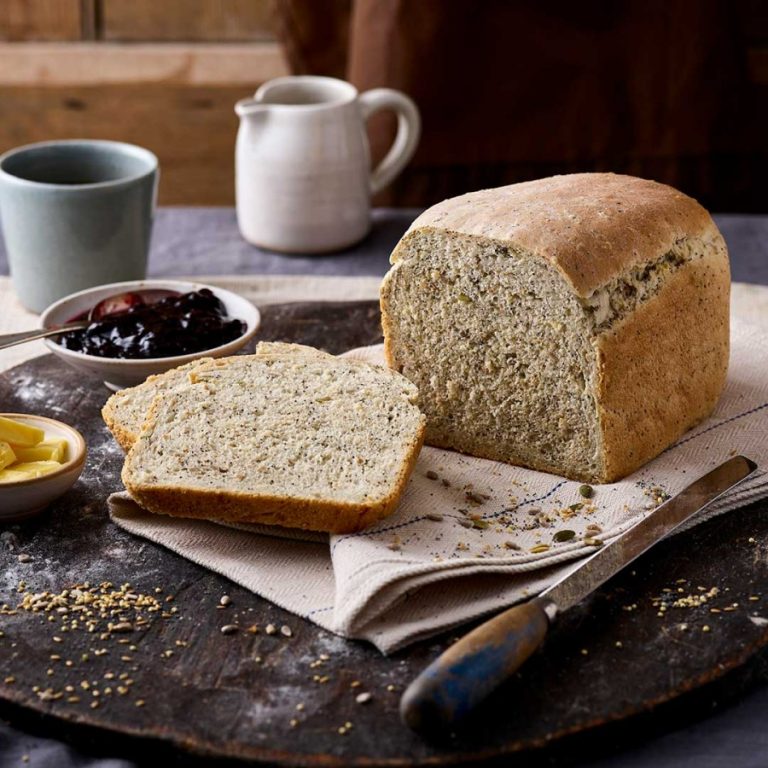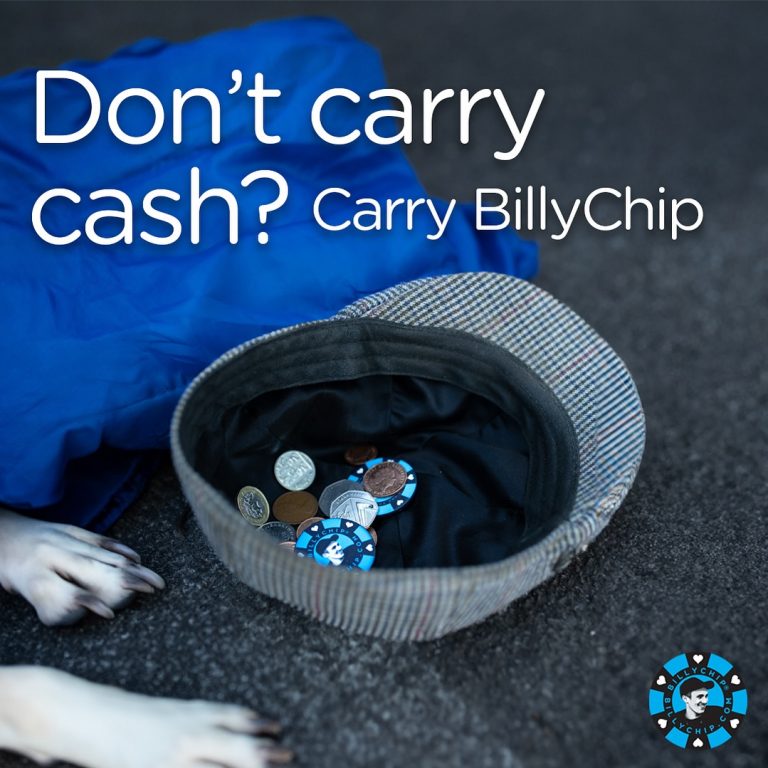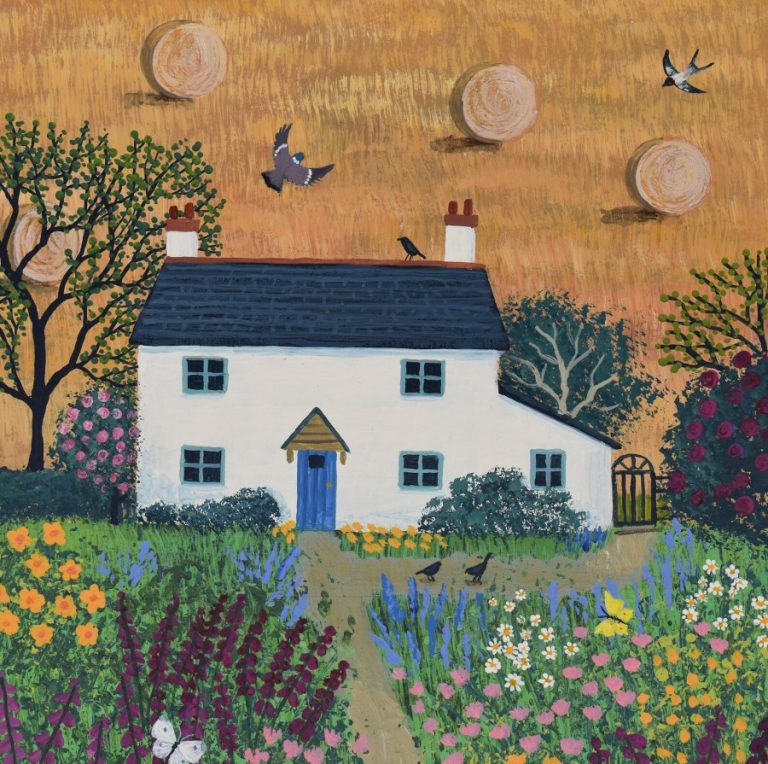
A boulangerie is more than a bakery. It is a shop where bread, pastries, and simple lunch items are made on site by trained bakers who follow strict methods. The term is protected in France, and for good reason. These places keep the country fed and connected, with care that shows in every loaf. France counts more than 30,000 boulangeries, and their authenticity is guarded by law.
Whereas in England, big supermarkets sell part-baked bread with improvers, in France boulangeries are so valued, that bakers in the same town, are not allowed to take holidays at the same time!
If making bread, keep fresh dough and other ingredients (dried fruit, spices etc) away from children and pets. Just bin garlic and onion scraps, as acids could harm compost creatures. Read more on food safety for people and pets.
The Role of Boulangeries in France

Vegan Croissant recipe (Rainbow Nourishments)
Bread is not a treat in France, it is part of the day. Most families visit the boulangerie daily for a baguette, a croissant, or a pain au chocolat. The bread often sits in a basket at lunch and dinner.
The routine rests on strict rules. Traditional bread must be made with flour, water, yeast or levain, and salt, with no additives. This approach fits a wider belief in clean food. You taste wheat, not preservatives. The crust crackles, the crumb stays moist, and the bread goes stale the honest way, within a day.
Queues in the morning can feel like a small ceremony. People wait their turn, choose a loaf, share a nod with the baker. It puts a shape on the day and reminds you to slow down. Eating this way often means fewer ultra-processed items and more whole foods. The bread fills you without fuss, and you know where it came from.
Morning Visits That Set the Tone for the Day
Between 7 and 8 AM, the footfall rises. Parents buy bread on the school run, pensioners pick a demi-baguette, and workers grab a coffee and a flaky pastry. Bags fill with warmth. The ritual breeds care and discipline. You buy what you need, you eat it fresh, you return tomorrow.
Stale bread is rare, because baking happens daily. Supermarket loaves often last longer, but they lack that snap and scent. A family might slice the last heel for soup in the evening, then plan the next visit. It is simple and satisfying, like setting the table before anyone sits down.
Never give stale or mouldy bread to garden birds or wildfowl, it could choke or harm. Salt is also toxic, and fat smears on feathers, negatively affecting waterproofing and insulation.
Boulangeries as Sources of Fresh, Wholesome Meals

Easy Tomato Vegan Quiche (Rainbow Nourishments)
Artisan bread supports a balanced diet. Wholemeal loaves offer fibre, sourdough can be easier to digest, and the short ingredient list keeps things clean. Fresh bread pairs well with fruit, vegan cheese, or soup, which keeps meals steady and light.
Boulangeries also feed lunchtime crowds. Tarts, quiches, and baguette sandwiches are fast to buy and honest to eat. The 1993 bread decree protects traditional methods, so when a baguette says tradition, it means it. The result is food that feels close to home, even when you are in a hurry.
Master Bakers and Their Time-Honoured Skills
Apprentices start before dawn, knead by hand, shape with speed, and judge proof by touch and scent. They learn how a crust should sing as it cools and when a crumb looks perfect. Every step trains the eye and the hand. Many bakers come from families who have worked the craft for generations.
French law guards the meaning of the word boulangerie. The dough must be mixed, shaped, and baked on site, and it cannot be frozen at any stage. This rule stops industrial production from wearing a mask of tradition. It keeps quality tied to place and person.
Boulangeries as Community Hubs
Beyond food, boulangeries offer a sense of place. Neighbours meet at the counter, pass on news, and share advice about a recipe. The owner recognises regulars and remembers orders. A few minutes in the queue becomes a daily touchpoint, a small tie that binds.
In small villages, the boulangerie is a landmark and a lifeline. It offers stable work, buys flour from nearby mills, and keeps footfall on the high street. The shop front, with golden loaves in the window, sets a tone for the town. When a boulangerie closes, people feel it, and when a new one opens, the street brightens again.
Boulangeries keep money in the local loop. They hire apprentices, bakers, counter staff, and drivers. Many source flour and butter from regional suppliers, which sustains farms and mills. This web of trade protects know-how and keeps villages alive.
Vegan Brioche Recipes
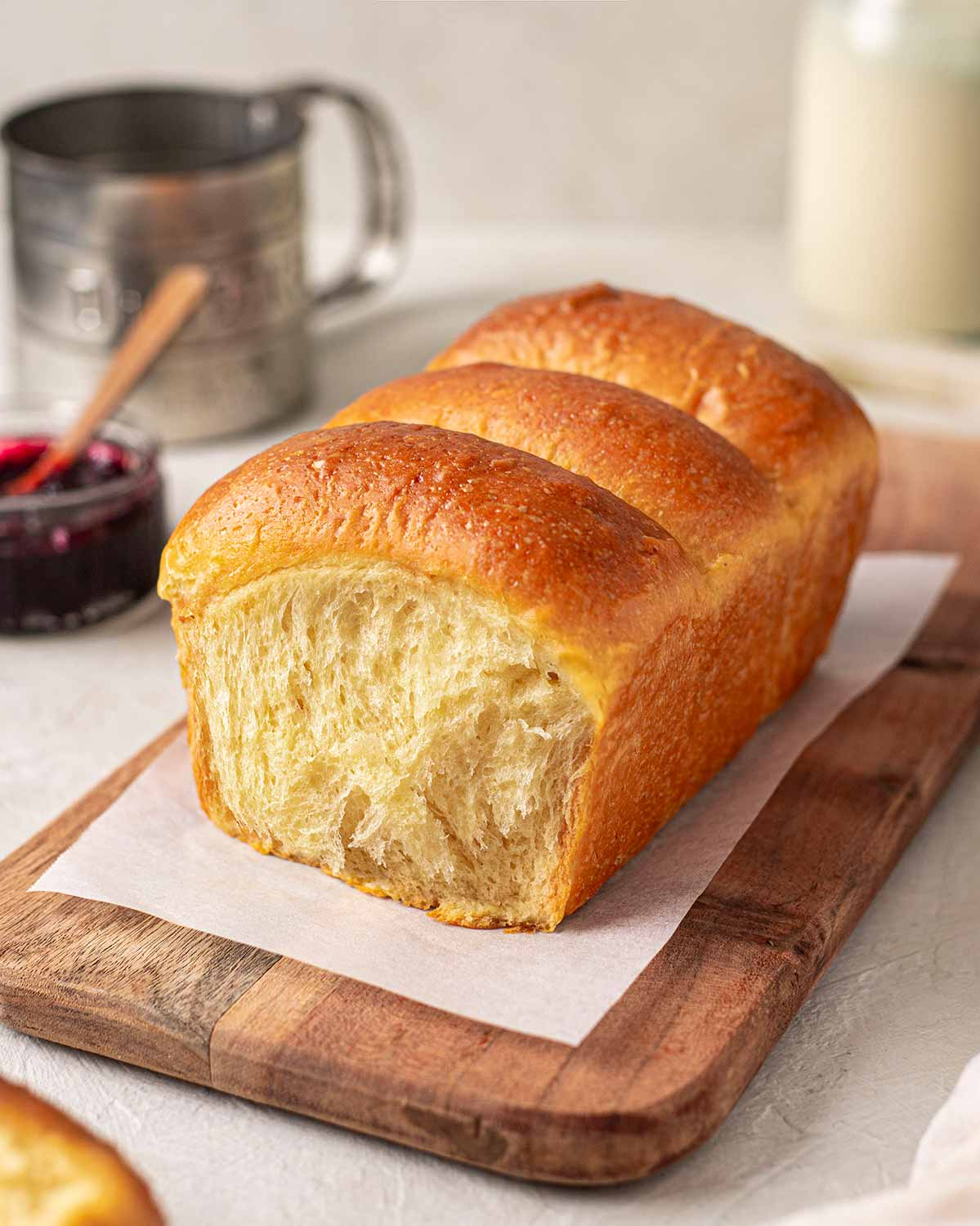
This Buttery Vegan Brioche (Rainbow Nourishments) only needs 7 ingredients. Or go for the smaller vegan Brioche buns. Flora vegan butter is free from palm oil.
